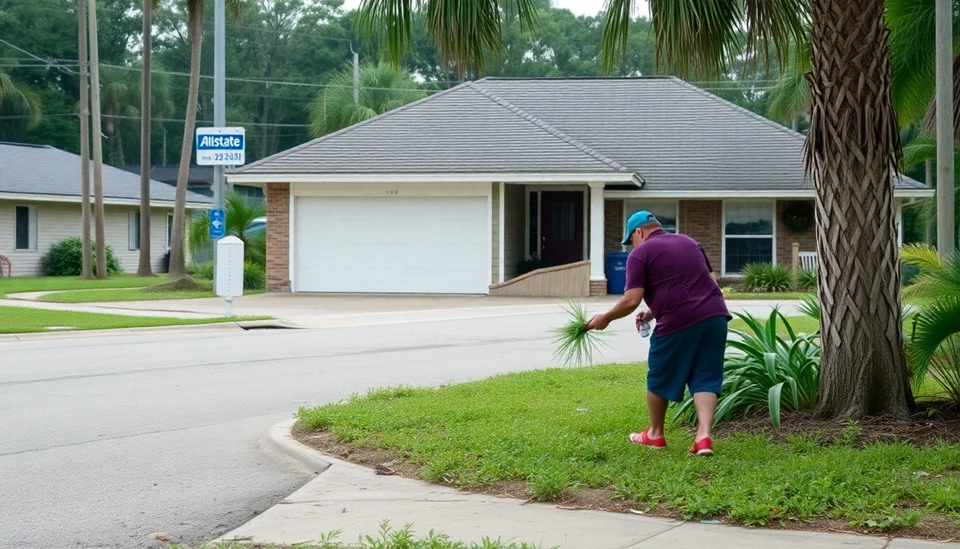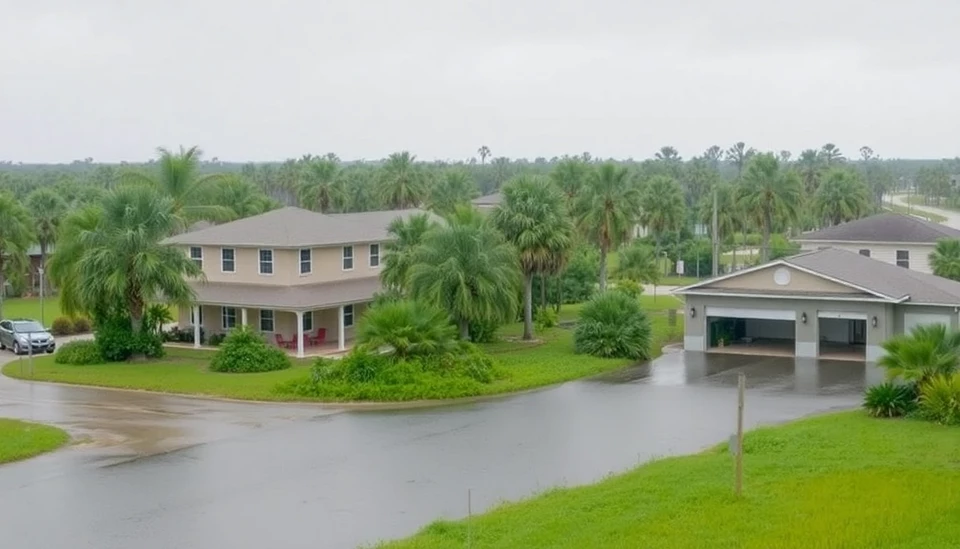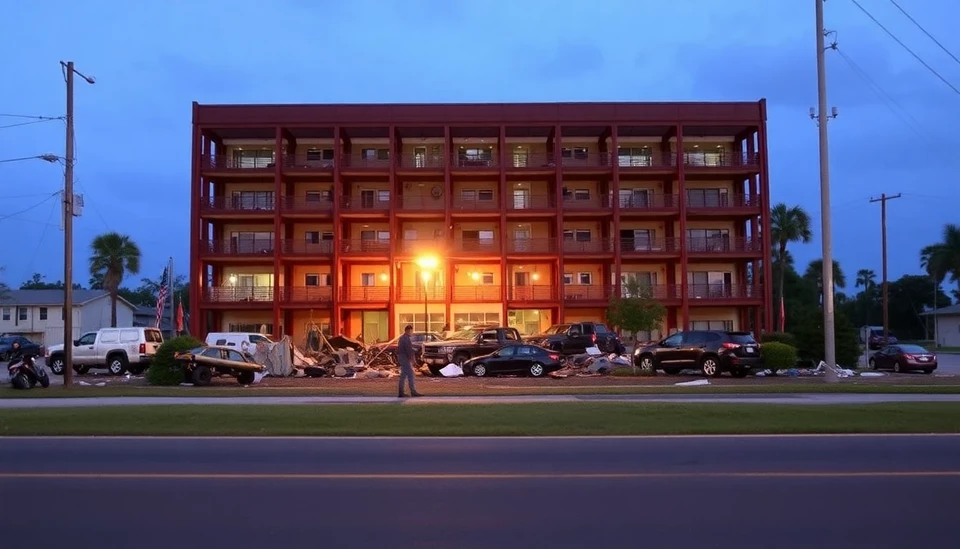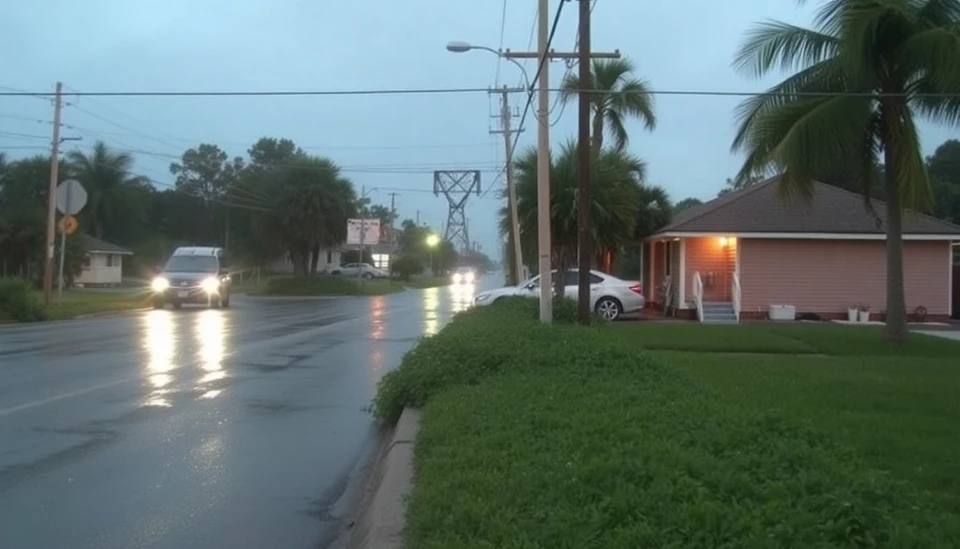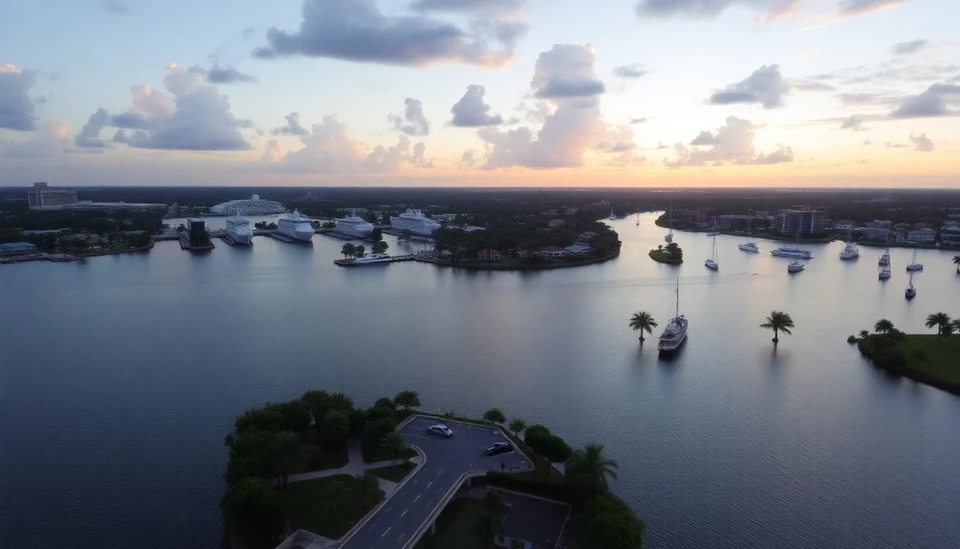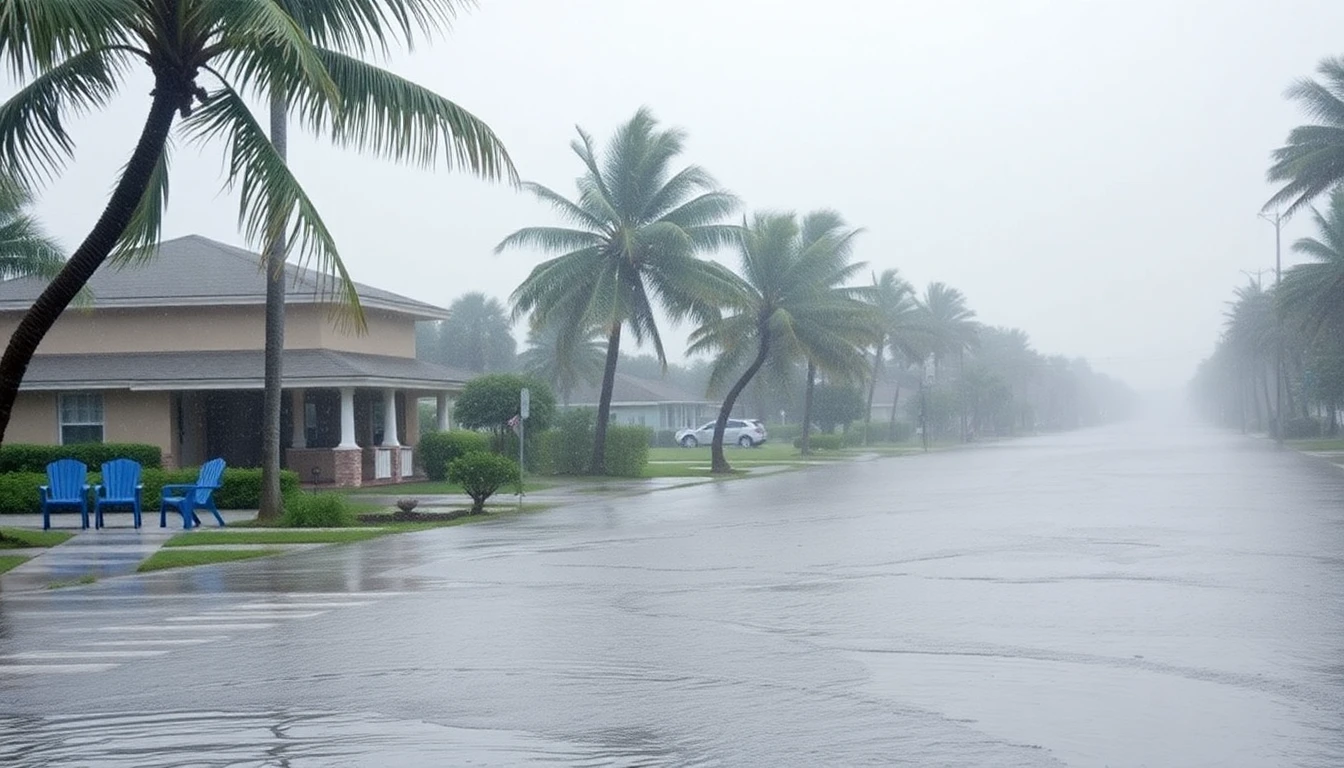
As the full fury of nature descended, Hurricane Helene made landfall Thursday and brought along devastating floods as it tore across no less than a plethora of southeastern states. Live tracked by meteorologists, the storm's intensification-over a mere few hours-transpired from a Category 2 to a Category 4 hurricane, instantly classifying it as one of the worst storms of recent years.
The effects of Helene were almost immediate: winds over 130 miles an hour knocked out trees and powerlines, leaving thousands in the dark. Utility companies estimate more than 3 million people remain without power, and electrical restoration efforts are being hampered by ongoing severe weather.
Flooding has now become a major problem: Heavy rains have swollen rivers and streams out of their banks, inundating highways and cutting off communities. Rescue teams have been dispatched to the most-affected areas where people are being removed from their homes by boats and helicopters. Regrettably, confirmed reports do point to fatalities, though the exact figures remain unknown as rescue operations are still in place.
Amidst this desolation, emergency services toil day and night, struggling to reach the stranded with much-needed aid. Emergency shelters were installed in those areas that the storm did not destroy; these have received the teeming thousands of evacuees, while the National Guard is being deployed to assist in this operation of relief. The local hospitals stand at high alert, getting ready to treat the many patients who will be injured either by flying debris or while trapped in collapse structures.
Climate experts look to the storm as yet one more omen of increased climate volatility. "The rapid intensification of Hurricane Helene underlines the growing impacts of climate change," said Dr. Maria Sanchez, a leading meteorologist. "Warmer ocean temperatures contribute to stronger and unpredictable hurricanes. Communities should raise their guard in these events.
The Federal Emergency Management Agency has called for adherence to set evacuation orders and warned against travel within the affected areas. "Your safety is paramount. Do not underestimate the power of this storm," warned FEMA Administrator, Deanne Criswell in a public statement.
As such, even government officials are talking about long-term recovery and rebuilding plans. "We're committed to supporting our communities through this difficult time and will work tirelessly to make sure they come back stronger than ever," said Governor Brian Kemp of Georgia. For now, however, the focus is still on persevering through the relentless storm and attending to the safety and health of those who have been affected.
Hurricane Helene is still loose, apparently extending its circle of destruction all over. Resilience and cohesion are demanded in those communities. The full extent of the hurricane's impact might be ascertainable only in the days, perhaps weeks, to come.
For more on this, listen to the authorities as they continue to deal with a natural disaster never experienced.
#HurricaneHelene #Floods #PowerOutage #Meteorology #ClimateChange #EmergencyResponse #RescueEfforts #FEMA #NaturalDisaster #CommunitySupport
Author: Peter Collins
